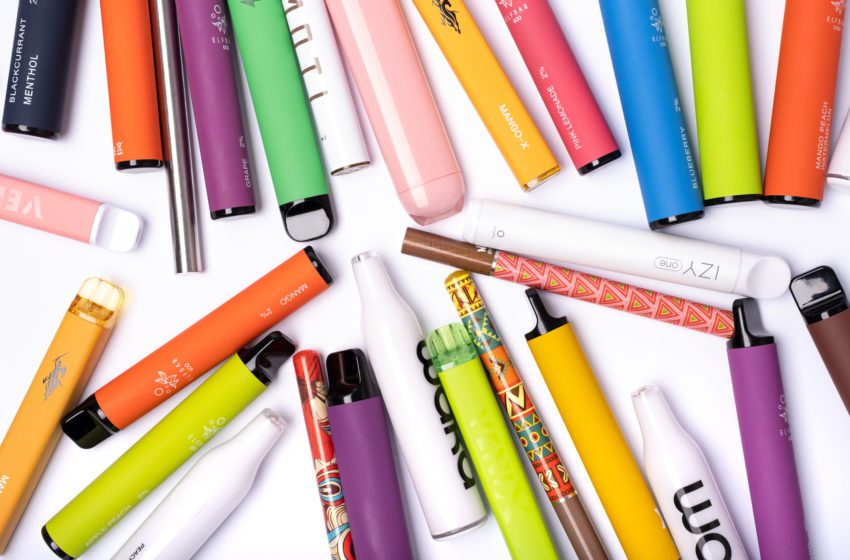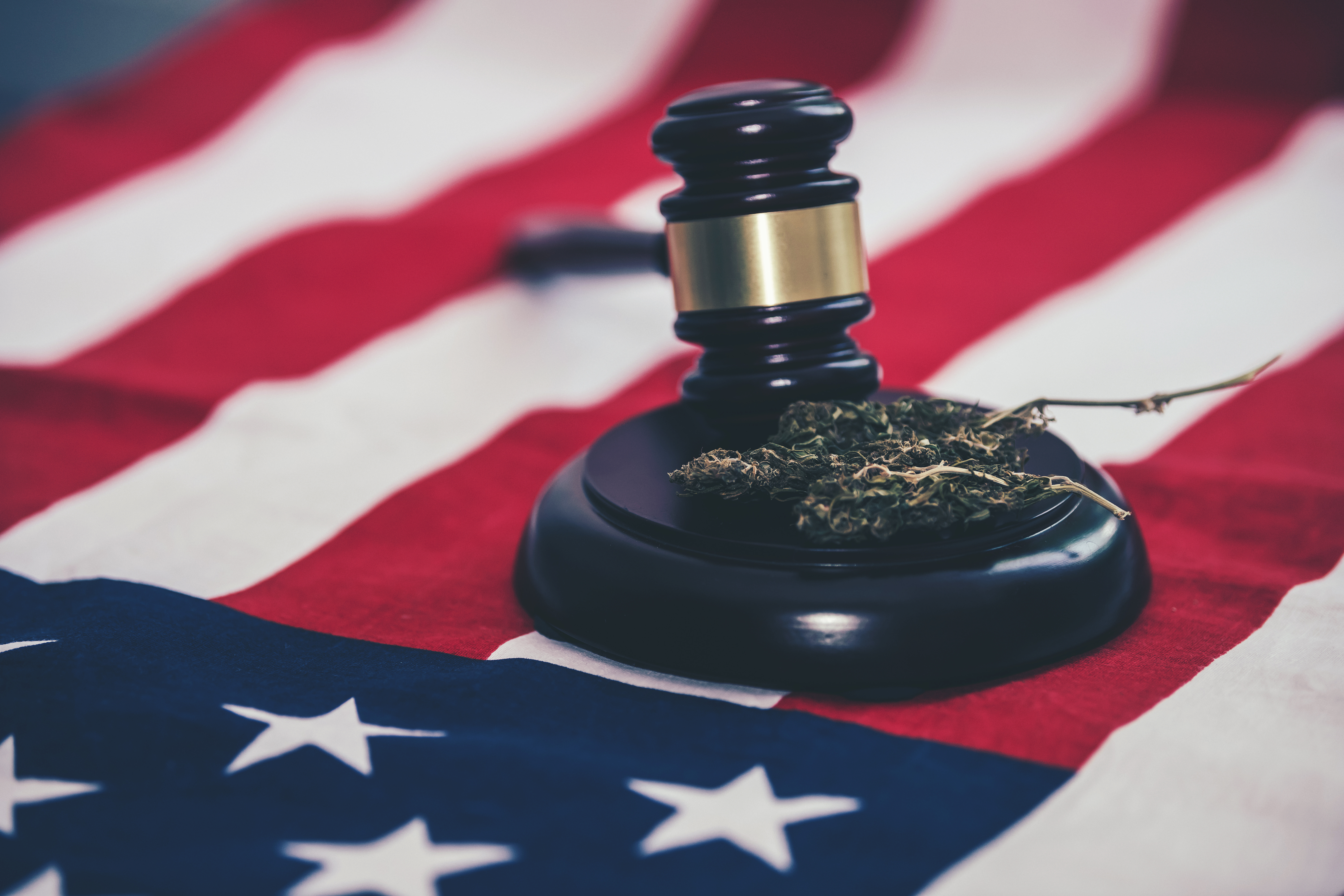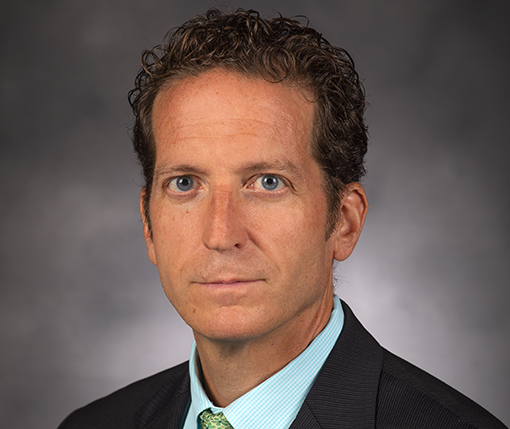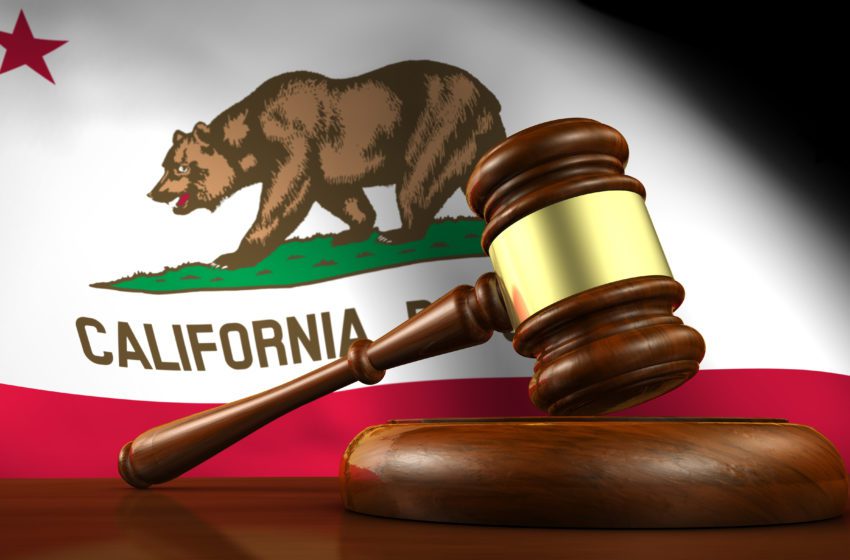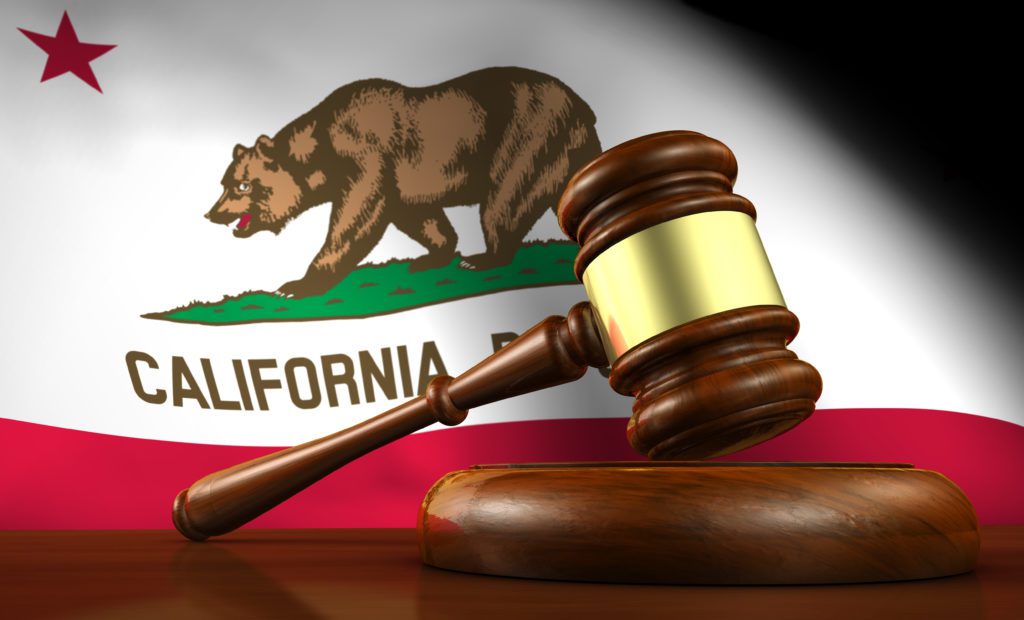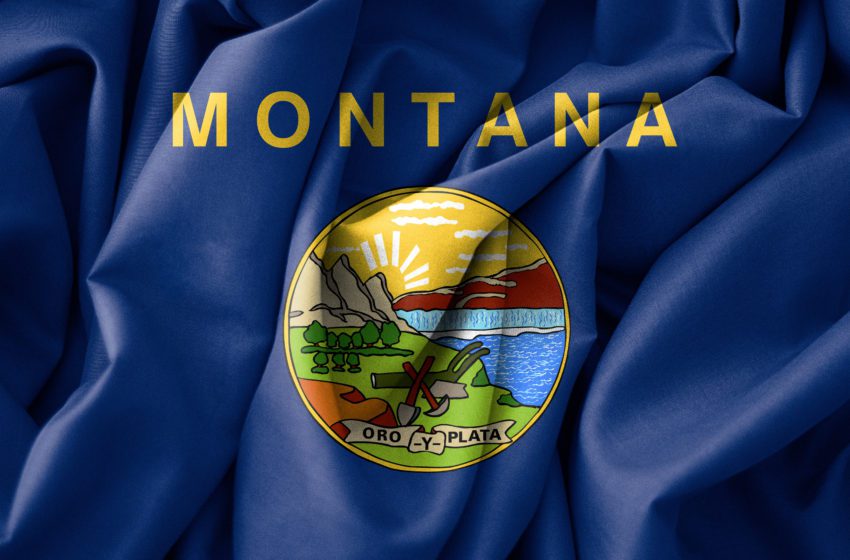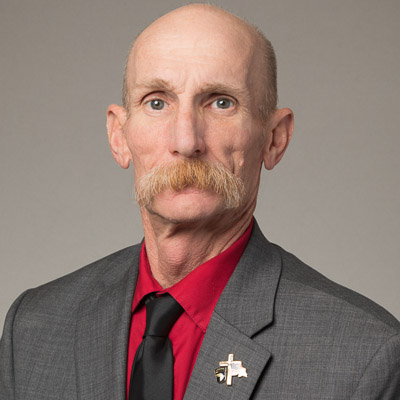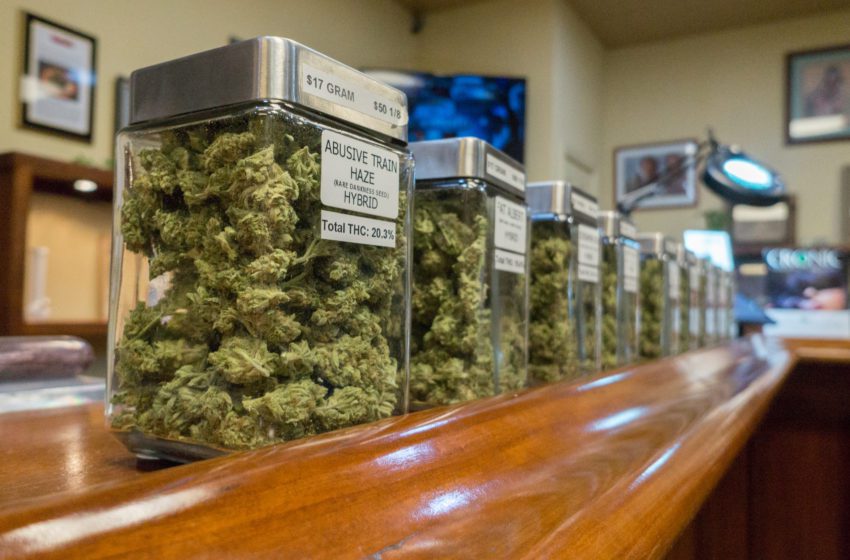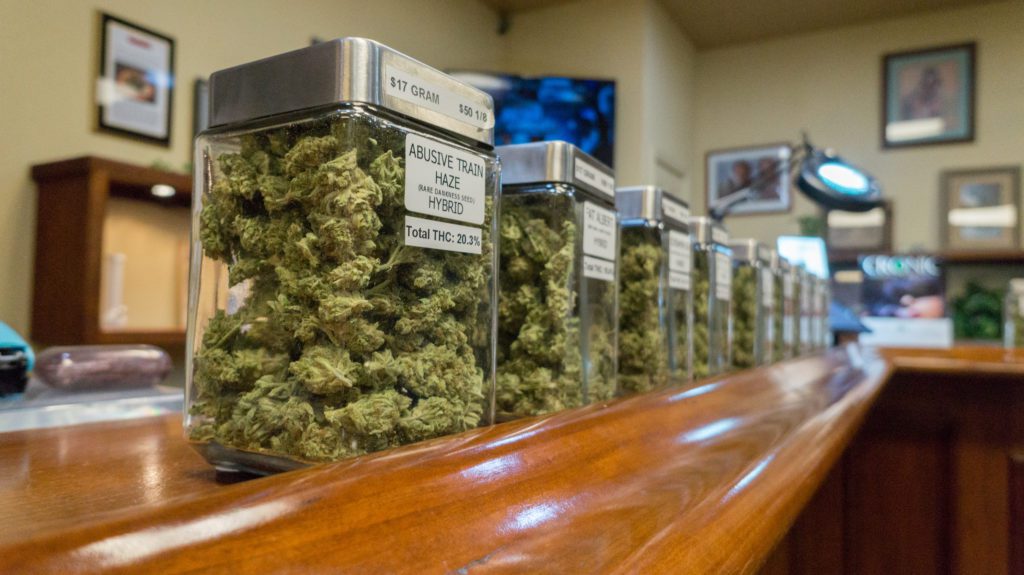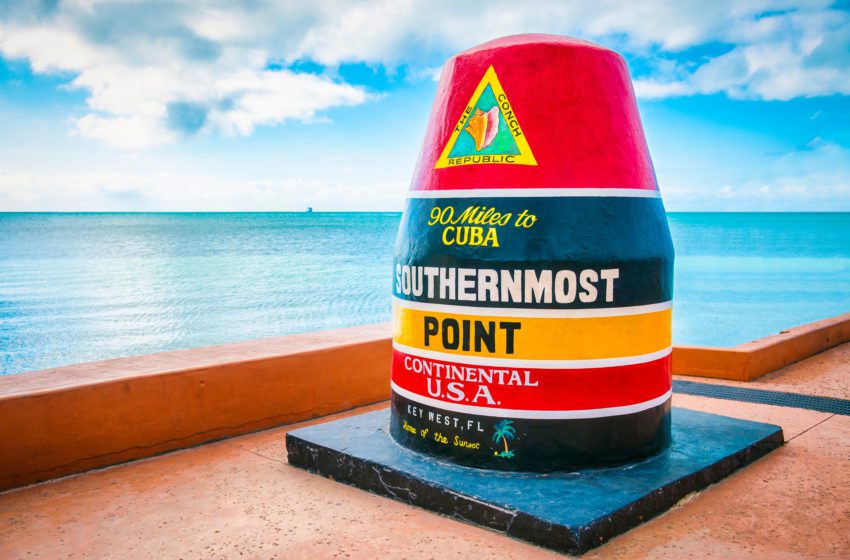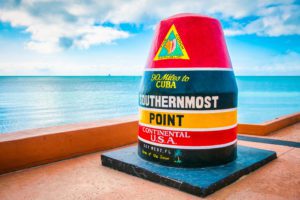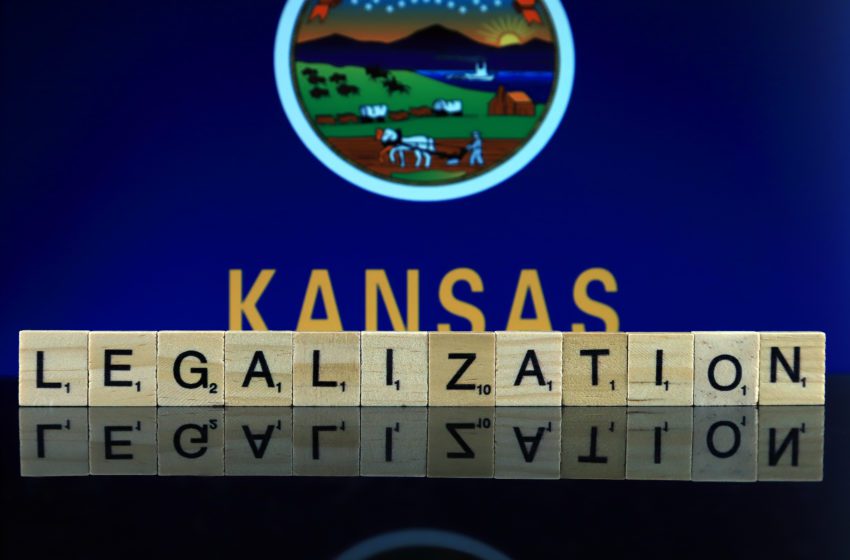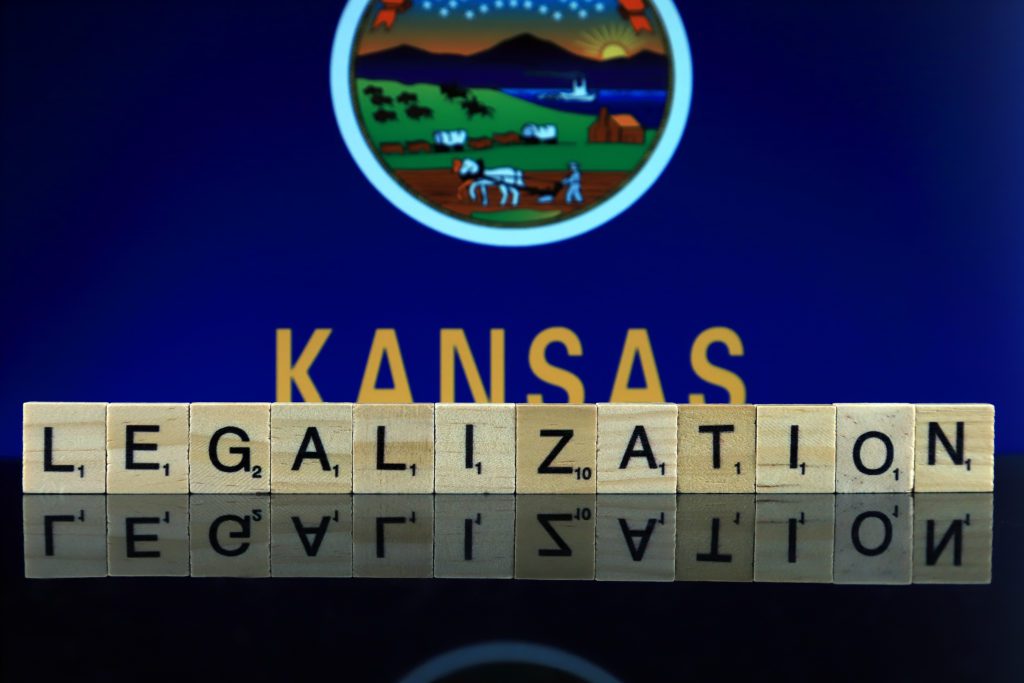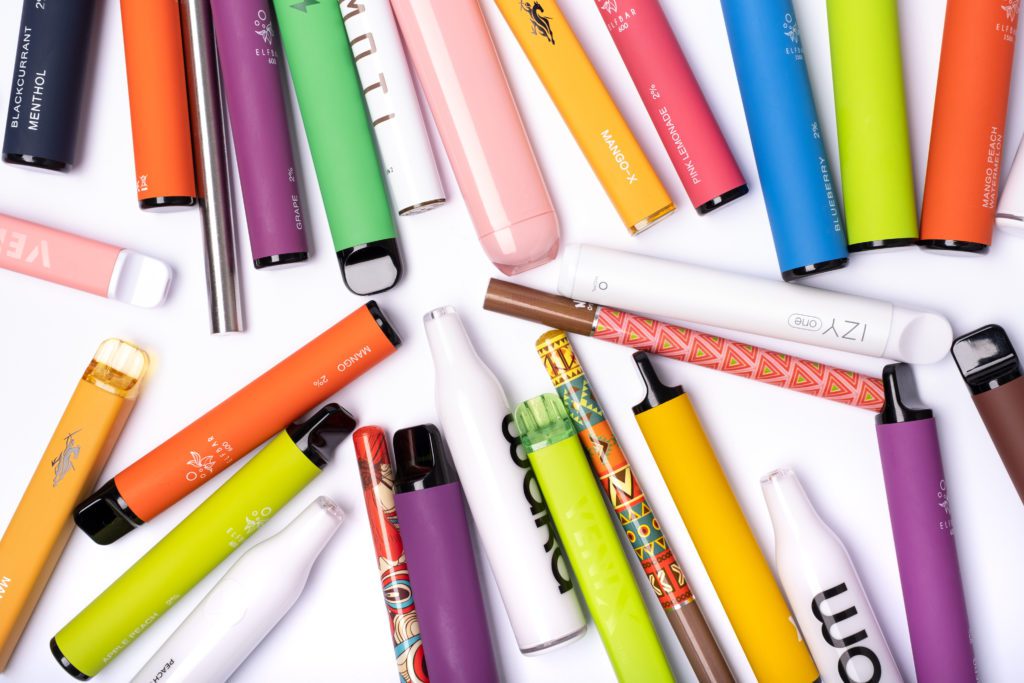
A new House bill would require the FDA to update its enforcement guidance to prioritize its enforcement against disposable electronic nicotine delivery system (ENDS) products.
U.S. Rep. Sheila Cherfilus-McCormick (D-Fla.) introduced the bill that would also close a legal loophole that allows for the sale of flavored e-cigarettes if the delivery device is disposable.
“Too many of our youth are forming nicotine addictions, increasing their risk of future addiction to other drugs,” Cherfilus-McCormick said in a news release. “I am even more troubled by the fact that Chinese manufacturers and suppliers are flooding the U.S. market with unregulated, harmful substances that are altering our children’s brain development and lives, according to a release.
The bill, known as HR 901, was referred last week to the House Committee on Energy and Commerce for review and consideration. The bill wouldn’t ban disposable vapes or give the FDA additional authority if passed.
The bill could find support from some House members and tobacco companies. Last week, R.J. Reynolds filed a formal FDA citizen petition asking the agency to prioritize enforcement against disposable vapes.

